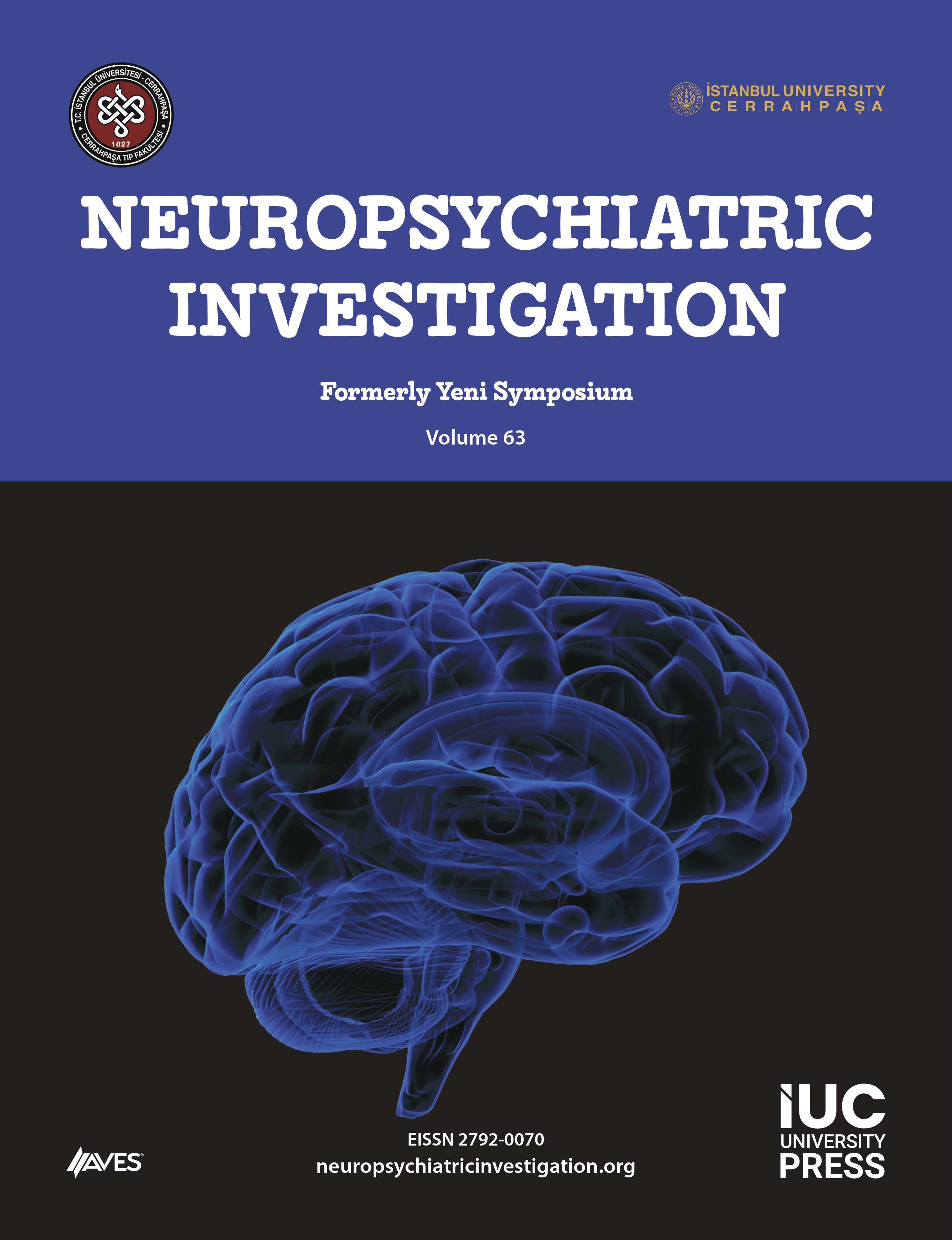Objective: It is more likely for the elderly to maintain their cognitive functions when they have regular and rhythmical exercise patterns. Therefore, this study investigated relationship between physical activity and cognitive status in the elderly.
Methods: This is a descriptive correlational study. The study population included a total of 1354 over-65 subjects cared for by a Family Health Center. Using sampling method, the sample size was estimated as 251 elderly inpiduals. Data collected were the sociodemographic information, “International Physical Activity Questionnaire” and “the Standardized Mini-Mental State Examination (MMSE)”. The demographic data in this study were analyzed using the chi-square test and correlation analysis.
Results: Among the participants, 52.5% were female, 41.3% were in the 70-74 age group, 55.7% were married and 64.9% were primary/secondary school graduates. In terms of their physical activity levels, 62.2% of the participants were inactive, 32.5% had low activity, and 5.3% had high activity. A comparison of the participants’ socio-demographic characteristics in terms of their physical activity levels showed that 33% of the female against 29% of the male were inactive and this difference was statistically significant. There was a positive and strong relationship between the subjects’ physical activity levels and cognitive status (r=0.794, p<0.005).
Conclusion: The study found that variables such as gender, age, education level, health perception, smoking and alcohol consumption, and body mass index affected the level of physical activity in inpiduals. In addition, physical activity level has been reached between the cognitive status is directly related to a powerful and physical activity level decreases to the conclusion that low cognitive function.




.png)